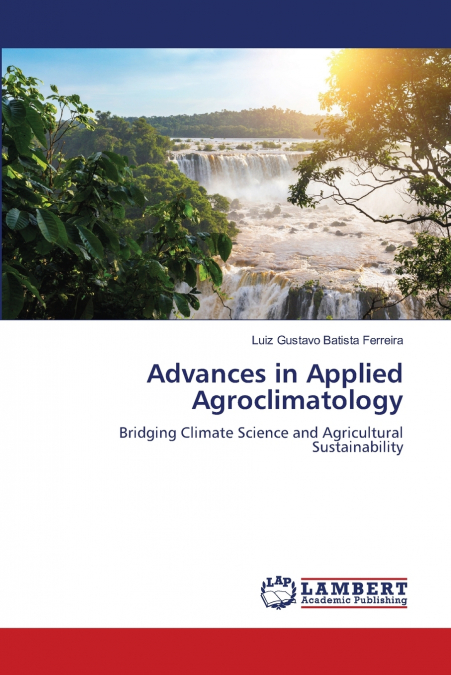
Luiz Gustavo Batista Ferreira
The climate is responsible for 80 % of the variability of world crop production (CARAMORI et al., 2008; FAO, 2014; CARAMORI et al., 2016). Rainfall are the most important element and the most significant meteorological attribute in tropical and subtropical areas, where its variable distribution and occurrences of extreme periods between droughts and rainfall in excess, influence crops productions (PELL et al., 2007; MICHLER et al., 2018).The most significant natural variables in the production process, regardless of the mode of production, come from the climate and are considered inputs and the key source of energy in the terrestrial system (SANT’ANNA NETO, 2015).Water affects all the physiological processes that occur in the plant, such as root absorption, nutrient transport, thermoregulation and hydration, essential to maintain the structure and the plant cellular activity (TAIZ; ZEIGER, 2009). For this context, several studies have focused on water deficit in the production of soybean crops, and those studies comprehend the deficit water impacts in the soybean crops (ADEBOYE et al., 2019; AKHTAR et al., 2019; BENCKE-MALATO et al., 2019; JUNIOR; SENTELHAS, 2019).